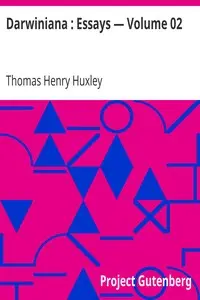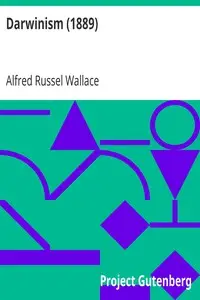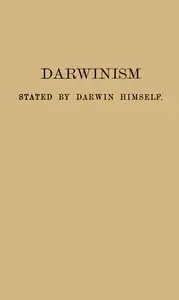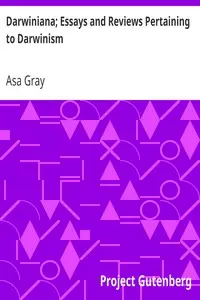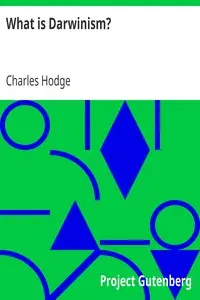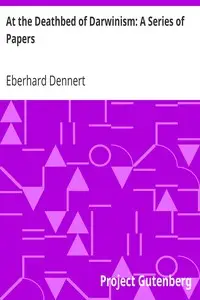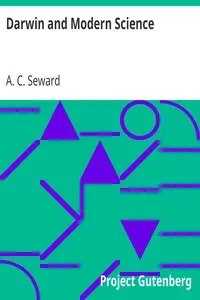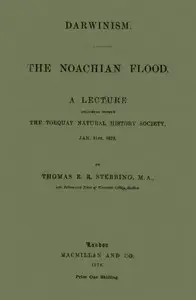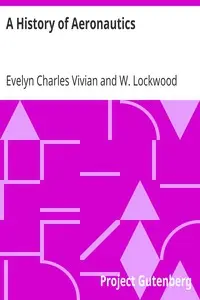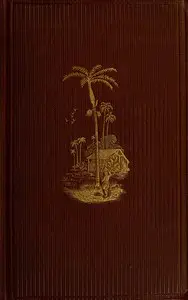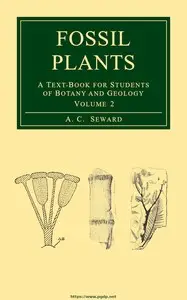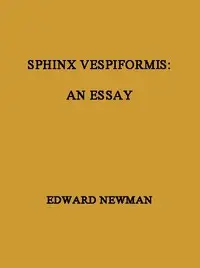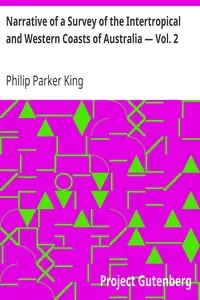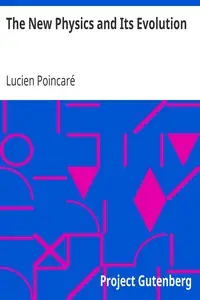"Essays on Darwinism" by Thomas Roscoe Rede Stebbing is a series of writings from the 1800s that explores Darwin's ideas about how living things change over time, and focuses on really understanding the details of these important scientific discoveries. It’s about clearing up confusion, responding to arguments against Darwinism, and thinking about how evolution connects to big questions about people and the world. The beginning of the book introduces the reader to a deeper study into Darwin's way of thinking. Stebbing admires Darwin's clear thinking and dedication to finding the truth, while also looking closely at where people might not understand his ideas correctly. It points out that lots of folks turn away from Darwinism without really checking out the information, therefore, it stresses the need to read about these science ideas and to think about them with an open mind.
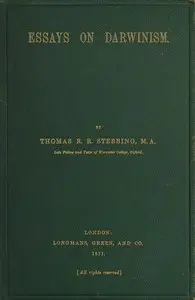
Essays on Darwinism
By Thomas Roscoe Rede Stebbing
Go back in time to explore a collection of essays that defend and illuminate Charles Darwin's game-changing theories of evolution and natural selection.
Summary
About the AuthorThe Reverend Thomas Roscoe Rede Stebbing was a British zoologist, who described himself as "a serf to natural history, principally employed about Crustacea". Educated in London and Oxford, he only took to natural history in his thirties, having worked as a teacher until then. Although an ordained Anglican priest, Stebbing promoted Darwinism in a number of popular works, and was banned from preaching as a result. His scientific works mostly concerned crustaceans, especially the Amphipoda and Isopoda, the most notable being his work on the amphipods of the Challenger expedition.
The Reverend Thomas Roscoe Rede Stebbing was a British zoologist, who described himself as "a serf to natural history, principally employed about Crustacea". Educated in London and Oxford, he only took to natural history in his thirties, having worked as a teacher until then. Although an ordained Anglican priest, Stebbing promoted Darwinism in a number of popular works, and was banned from preaching as a result. His scientific works mostly concerned crustaceans, especially the Amphipoda and Isopoda, the most notable being his work on the amphipods of the Challenger expedition.

